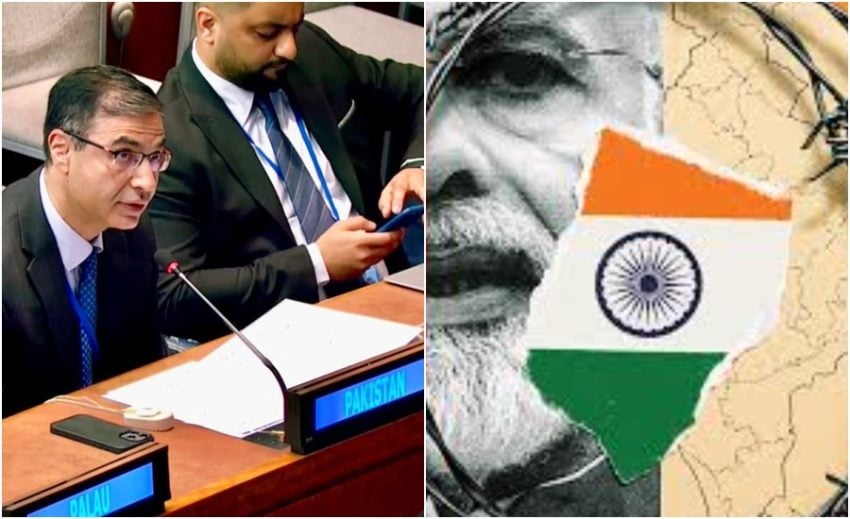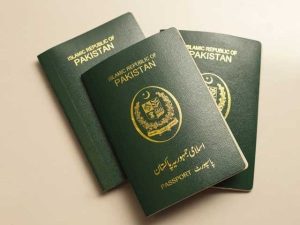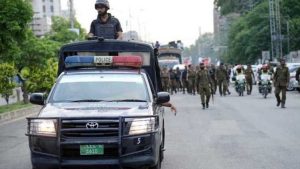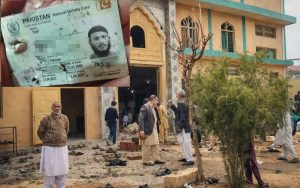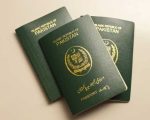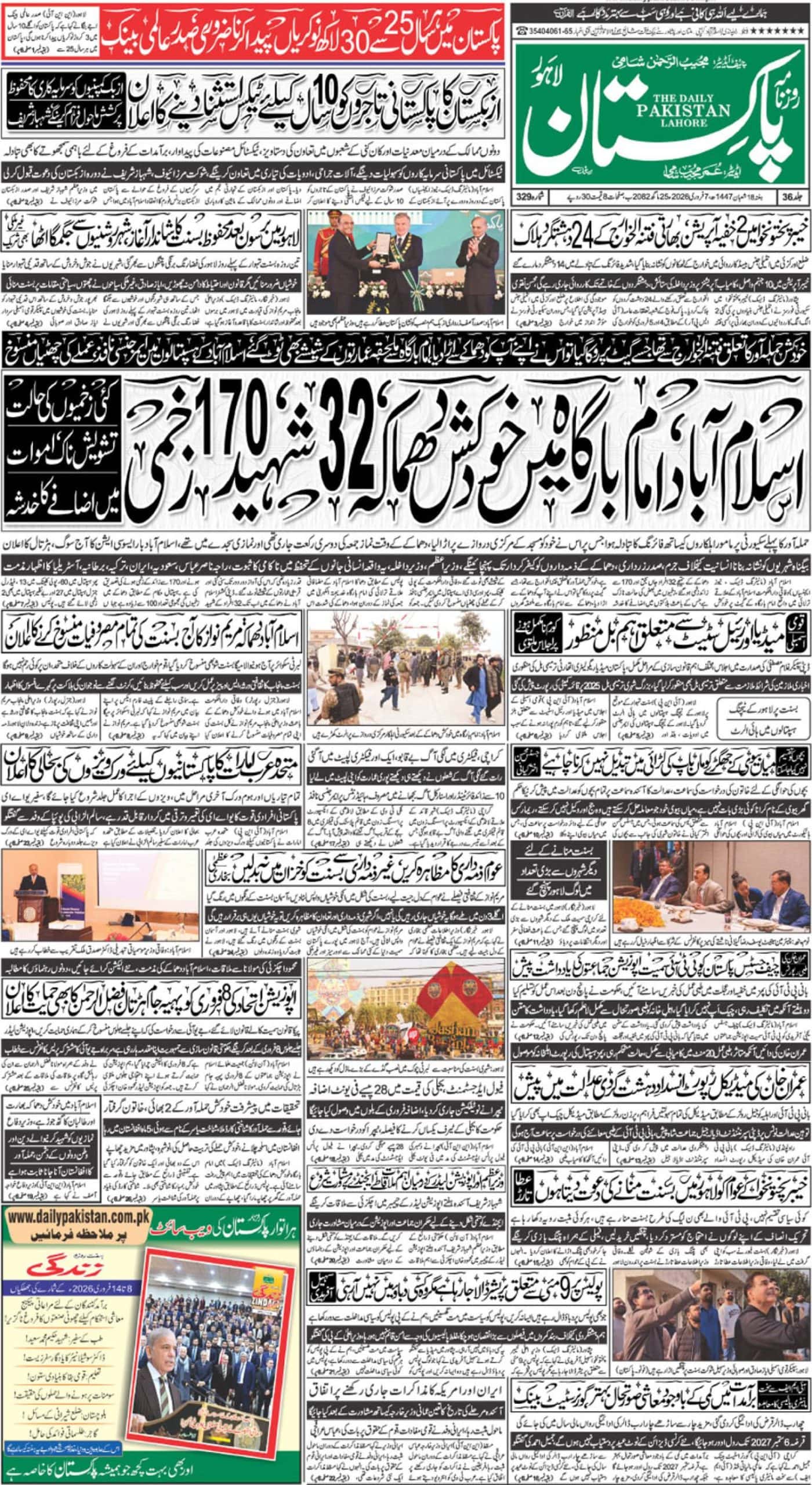NEW YORK – A fiery diplomatic clash erupted at United Nations as Pakistan launched blistering rebuttal against New Delhi, accusing Modi government of spreading “recycled lies and distortions” about occupied Kashmir.
In address to Fourth Committee on Decolonisation, a senior diplomat from Pakistan’s Permanent Mission to the UN Asif Khan delivered scathing denunciation of India’s stance, asserting that its repeated attempts to “mislead the world” had utterly failed to mask the grim reality of “military occupation and human rights abuses” in the disputed region.
“Each year, India arrives here with the same tired script of falsehoods. Today is no different,” Khan declared, taking the floor amid a tense atmosphere.
Pakistani representative reaffirmed that Kashmir has never been an integral part of India, calling it instead as “an internationally recognised disputed territory whose fate must be decided through a UN-supervised plebiscite.”
Khan said United Nations not only has the right but the obligation to discuss the issue, reminding delegates that India itself had brought the matter before the UN Security Council, only to later renege on its commitments.
Citing the 1960 Declaration on the Granting of Independence to Colonial Countries and Peoples, Khan said it clearly upholds the right of all people under foreign domination to self-determination.
Turning his focus to the ground realities, Khan accused India of maintaining “one of the most oppressive military occupations in the world,” with nearly 900,000 troops stationed in the valley “against an unarmed civilian population.” He charged that India brands the Kashmiri freedom struggle as terrorism to deflect attention from its own “crimes of occupation.”
“The real causes of the resistance are India’s broken promises, its violations of UN resolutions, its record of extrajudicial killings, enforced disappearances, and mass detentions,” Khan said. “The ongoing sexual violence and demographic engineering are designed to alter the region’s identity — clear breaches of the Fourth Geneva Convention.”
Khan accused New Delhi of intensifying a settler-colonial project since the revocation of Article 370 in August 2019, saying the move had deepened the suffering of millions of Kashmiris.
He further alleged that India was attempting to “divert attention from its own rogue conduct” by branding Pakistan as a sponsor of terrorism, while in reality, India itself was funding and directing terror proxies including the TTP, BLA, and Majeed Brigade, groups responsible for deadly attacks inside Pakistan.
He dismissed India’s claim to be the world’s largest democracy as “a hollow slogan,” asserting that the country had become “the world’s biggest producer of disinformation and intolerance.” He said the ruling RSS-BJP ideology had “institutionalised Islamophobia” and turned minority persecution into “official state policy,” a trend repeatedly documented by global human rights watchdogs.
Sounding an alarm over regional stability, Khan warned that India’s “reckless behaviour” threatened peace in South Asia. He pointed to “unprovoked aggression against Pakistan earlier this year,” alleging that Indian forces deliberately targeted civilian areas, including women and children.
“Pakistan exercised its inherent right to self-defence under Article 51 of the UN Charter,” Khan stated. “Our response was measured and precise, directed only at military targets. India suffered substantial losses, including multiple aircraft.”
He said India’s distortions cannot erase the fundamental truth about Kashmir which remains disputed territory awaiting its destiny under UN resolutions.
“For over seven decades, the people of Kashmir have been waiting for the world to honour its promise,” he said. “Pakistan will never stop exposing India’s hypocrisy, opposing its state terrorism, and standing by the Kashmiri people in their rightful struggle for freedom, dignity, and justice.”
India spreads fake news of Pakistani attacks in Occupied Kashmir

